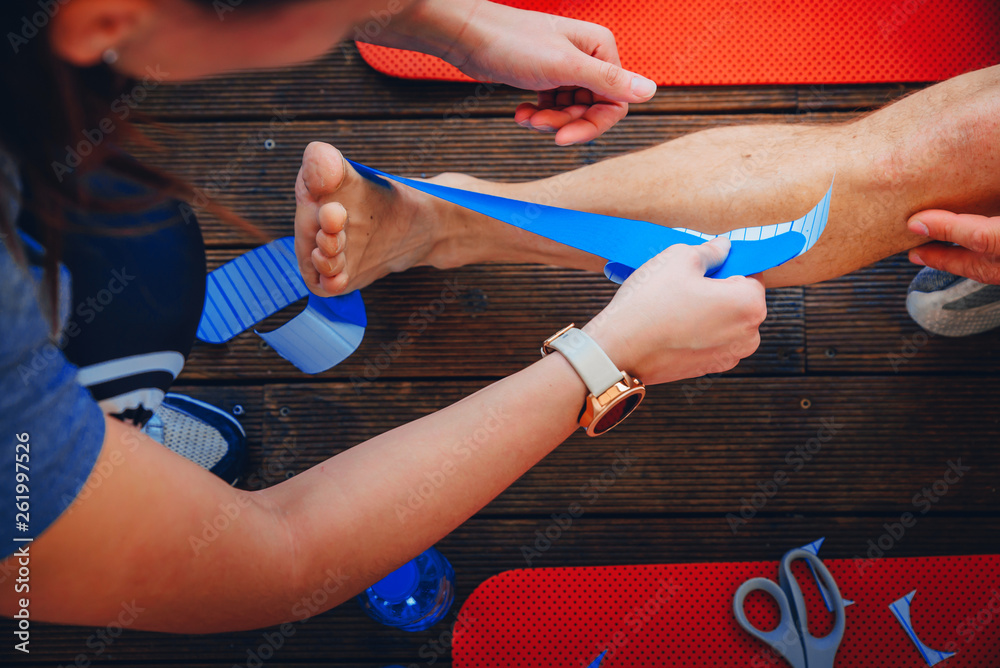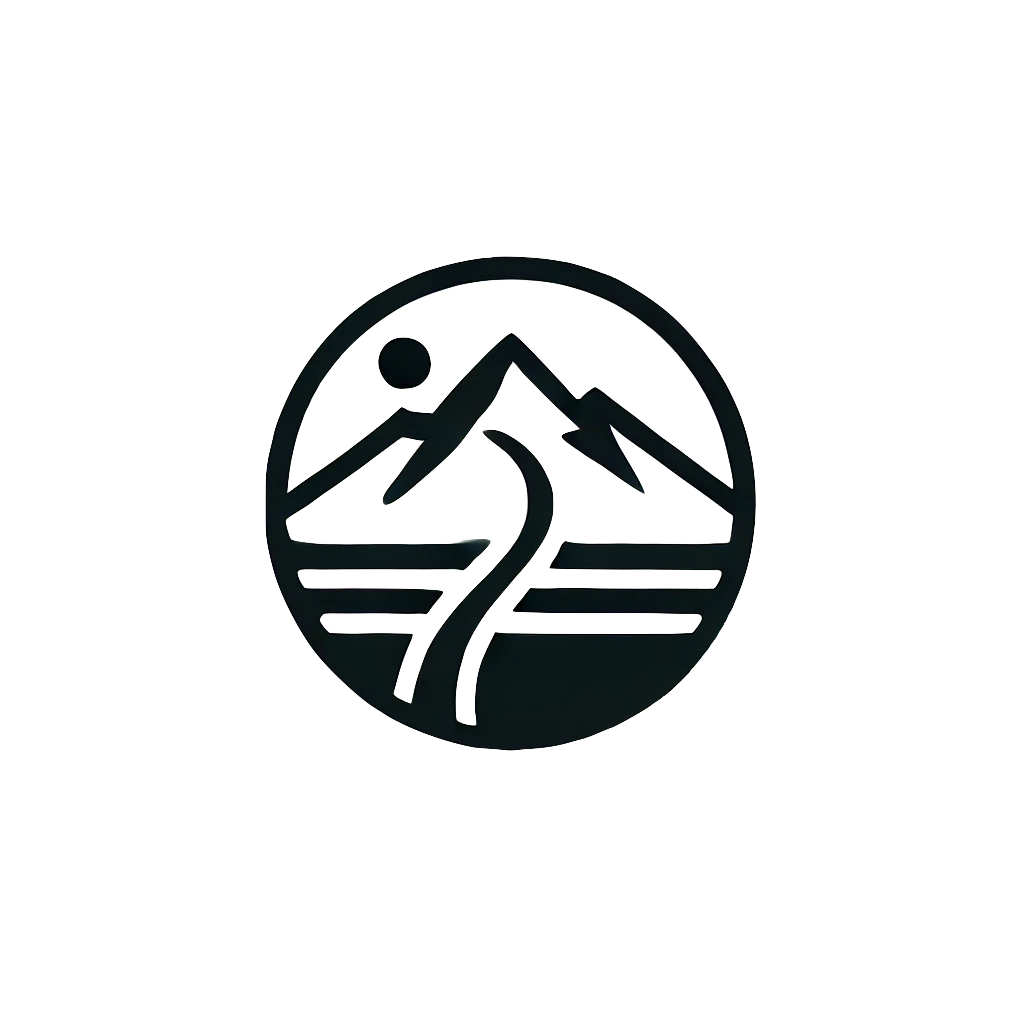
Injury Recovery – When Your Body Forces a Pause
Table of Contents
Introduction
“Trusting yourself is one of the greatest assets in life: knowing you’ll make it. And if you don’t? You’ll still make it.” — Jacek Walkiewicz, Full Power of Life (you will find link to video with Jacek on TEDx below post)
This unexpected journey has made me appreciate the complexity of injury recovery and the resilience required to embrace the healing process.
In the last few months, I’ve found myself forced into an involuntary lesson in patience, humility, and self-reflection. A significant injury has put me on a path I didn’t choose but am learning to accept. While I’m waiting for the “official” diagnosis from specialists (who will probably just confirm what I already know), I’ve had to confront some harsh truths about how I’ve treated my body and my approach to fitness.
The Reality of Injury Recovery and Chronic Pain
I thought I could bulldoze through anything. Push harder, dig deeper, ignore the warning signs, and just keep going. But this injury—a complex issue that’s likely more about underlying weaknesses and years of stress than a single event—has forced me to reconsider everything. Chronic pain is a constant reminder that this isn’t going to be a quick fix. Injury recovery, if it even happens, is going to be a marathon.
This process has shown me that taking care of your health is not the same as just “training harder.” It’s not about proving anything to anyone else or fulfilling some external image of fitness. Pain has a way of stripping away the superficial.
The Myth of “Pushing Through”
For years, my go-to strategy for any problem was to push harder, be stronger, and simply outlast whatever obstacle came my way. It was my approach to training, to life, to challenges. But now, my body has made it clear: this strategy is no longer working. Adding physical stress to an already imbalanced system is like pouring gasoline on a fire—it only makes things worse.
Instead, I’m learning to give myself permission to pause, to reassess, and to respect my limits. Sometimes, as Jacek Walkiewicz says, “If you fall, just lie there for a while.” It’s okay to take a step back and figure out a new way forward.
Reflections on Health Goals and Unmet Expectations
Two key goals have driven my journey in fitness: to be healthy and to achieve a physique that feels satisfying to me. But if I’m being honest, neither of these goals has been truly met. Despite all the effort, I’m not as healthy as I’d hoped, and my body still doesn’t fully reflect what I envisioned.
There’s a lesson here about self-acceptance and about understanding the difference between training for yourself and training for an external image. As long as our emotional growth lags behind our physical ambitions, the machine will inevitably break down.
Rehabilitation: The Monotonous Path to Recovery
Rehabilitation is no glamorous process. It’s tedious, repetitive, and requires discipline. Unlike taking a painkiller or treating a visible wound, the healing process here is slow and invisible. It doesn’t provide quick feedback or instant results. Four months in, and I’m still in pain, likely facing another four months of the same uncertainty.
There’s a special kind of endurance required in rehab—a mental toughness that isn’t about pushing through but about staying committed, even when progress feels nonexistent. Rehabilitation forces you to slow down and reminds you that healing is not a straight line. It’s frustratingly, stubbornly, out of your control.
Shifting Priorities and the Hard Lessons of Aging
Maybe this injury is the consequence of past mistakes or a wake-up call from my body, saying it’s time to slow down. I’ve spent years chasing goals, sometimes at the expense of my own well-being. Now, as my freedom of movement is compromised, it’s clear that I need to re-evaluate my priorities.
This injury has also shed light on who truly supports me and who’s there only to criticize. The kind of person who sits on the couch and mocks those who try to push their limits is as predictable as it is unhelpful. Injuries, unfortunately, tend to bring these people out of the woodwork.
Let them talk. I’ve come to realize that criticism from others pales in comparison to the work I need to do with myself.
Acknowledging Unfinished Business and Moving Forward
Injuries are humbling, and this one has forced me to confront the uncomfortable truth that I haven’t achieved the two things I set out to accomplish with fitness. I’m not as healthy as I aimed to be, and I haven’t reached the level of physical conditioning that feels right to me. But I’m not too old to start over. I’m just too old to keep making the same mistakes and expecting different results.
As the saying goes, “Insanity is doing the same thing over and over and expecting different results.” (And no, it’s not Einstein who said that; it’s actually a mantra from Alcoholics Anonymous.)
Rebuilding with a New Perspective
Going forward, I’ll be writing more about the mental and emotional aspects of injury recovery (like here: Coping with Injury and Mental Resilience), the frustrations, and the small wins. I’ll share insights from research and studies on injury rehabilitation, both as a way to help myself and to give anyone reading a sense of what to expect.
For now, I’m focused on regaining function, but I’m taking notes, gathering my thoughts, and will eventually turn this experience into something useful—both for me and for anyone else navigating the same journey. Injury recovery, real recovery, doesn’t happen in an instant. It’s not something that gets “cured” with a pill or a quick fix. It’s a slow, painstaking process that demands respect and patience.
Conclusion
To anyone dealing with a similar setback: give yourself permission to pause. Don’t feel pressured to always move forward. Sometimes, staying still is exactly what we need to do to gain the clarity and strength required to take the next step.
And remember, as much as we may fight to push forward, sometimes the greatest lesson is found in learning to trust ourselves enough to let go. The road ahead might not be the one we planned, but that doesn’t mean it won’t lead to a better place.
Some Strategies for Managing the Emotional Challenges of an Injury Recovery:
Embrace the Reality: Experiencing emotions like anger or fear following a major injury is completely natural. However, it’s important not to let these feelings take control. Acknowledge them, but then shift your focus toward understanding your current situation and exploring actionable steps to aid your recovery.
Educate Yourself About Your Injury: Gaining a thorough understanding of your condition is crucial. Engage in conversations with your healthcare provider to clear up any uncertainties, and supplement this with independent research. The more informed you are about your injury and the treatment process, the better equipped you’ll be to tackle anxiety and maintain a sense of control.
Maintain a Positive Outlook: Negative self-talk can undermine your recovery journey. Cultivating optimism will encourage you to stay consistent with medical appointments, follow your rehabilitation plan, and do whatever is necessary to enhance your chances of healing fully.
Harness the Power of Your Mind: Your mental state plays a significant role in the recovery process. Techniques like visualization and fostering positive emotions have been shown to potentially accelerate healing and improve overall outcomes.
Lean on Your Support System: Avoid isolating yourself from loved ones, teammates, or friends. Their emotional support can provide much-needed encouragement and stability during difficult moments. Sharing your thoughts and challenges with someone who cares can significantly boost your morale and help you stay motivated.
Recovering from a sports injury depends on many factors, most importantly the type and severity. But no matter the injury, Dr. Jagim says it’s important to give yourself time to fully heal before rushing back to competition or trying to “fight through the pain.” In other words, don’t be like me and ignore your injury until you’re struggling on and off the field.
https://mcpress.mayoclinic.org/nutrition-fitness/how-to-optimize-recovery-time-after-a-sports-injury/


